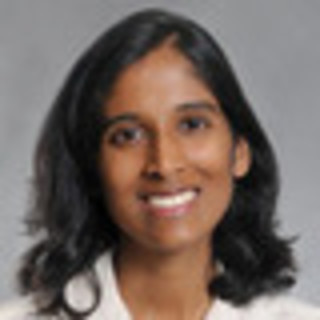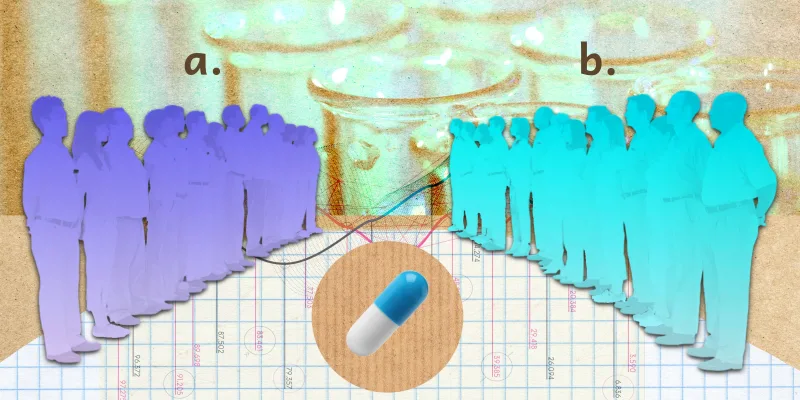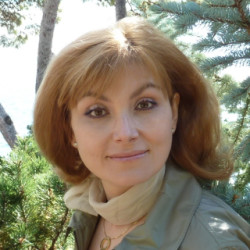Each autumn, the year rushes to a close — the days shorten, fellowship interviews wind down, board exams are over — and then the ACR flips the switch and the rheumatology community comes together in this massive, shiny, overwhelming meeting. For five days, we rush around trying to make it to this session, that job interview, and those catch-up coffee dates with people who have shaped our careers and lives. My prior ACR meeting experiences typically have oscillated between extremes. One year, I would be racking up steps racing down convention center halls between meetings and slipping into the back row of overflow rooms with a sheepish smile, and the next I would be sitting out lectures and sipping a rotating selection of caffeinated beverages for hours, reminiscing with friends.
This year has shown us how small the world is in many ways, and how precious our rheumatology community. Instead of waiting until the ACR meeting to reconnect with our colleagues from around the country and world, we have been with them on Twitter brainstorming sessions, Zoom happy hours, and Slack research channels. Of course, much of this was driven by COVID-19; our community’s search for answers to help our patients with rheumatic disease led to the Global Rheumatology Alliance registry and an amazing collaborative effort.
As always, the ACR saw a need and moved quickly and smoothly into the realm of online conferences. This spring, the annual State of the Art meeting provided an excellent review of hot topics in rheumatology, followed by educational lectures for rheumatology trainees over the spring and summer. But how would ACR Convergence, planned prior to the pandemic to capture the spark of shared ideas and face to face conversation, fare in the online setting? As the days ticked down, I felt a little anxiety tingeing my anticipation.
ACR Convergence opened with so many revelations. The session chat boxes immediately filled with attendees’ questions and side-conversations. Rather than the standard refrain of “I have two questions, and the first question is a comment” at the end of lectures, people asked so many questions that presenters returned days afterwards to answer them online. Audience members politely but promptly corrected errors and added their own experiences — a heartening reminder of how people are eager to engage with thoughtful presentations, especially if granted a small measure of anonymity and a little bit of voice. And, true to the mundane predictability of social media, people lamented spotty internet connections, posted election updates, and cheered Dr. Fauci’s talk with breathless excitement: “Will we get to see his face?”
The personal connections of ACR Convergence took shape in unexpected ways. I was in a medical education session in which a patient from Scotland and a physician from The Gambia introduced themselves, and it drew our group to consider perspectives and needs outside of our normal frames of reference. On the other hand, the SAPHO small group session was substantially larger than its in-person counterpart last year and, perhaps as a consequence, lost a little in power and intensity. Coffee dates and reunions happened over video calls and direct messages, a mix of scheduling and kismet as in years past.
At the end of it, I felt inspired and recharged by the meeting. One colleague here in Philadelphia remarked that he missed seeing friends, but had the best experience he’d had in years in attending more talks than usual and having the luxury of going back to the ones he’d missed. I found the spark of new ideas in a few places, even if I had to give up the endless coffee. I don’t know what the ACR meeting will look like next year, but I’m looking forward to continuing this new vision. Perhaps we’ve learned that people don’t have to travel across the country to listen to lectures together, but equally important is figuring out how to fan those sparks from potential collaborations so that our next meeting is as innovative, diverse, and deep as we can manage, together.







